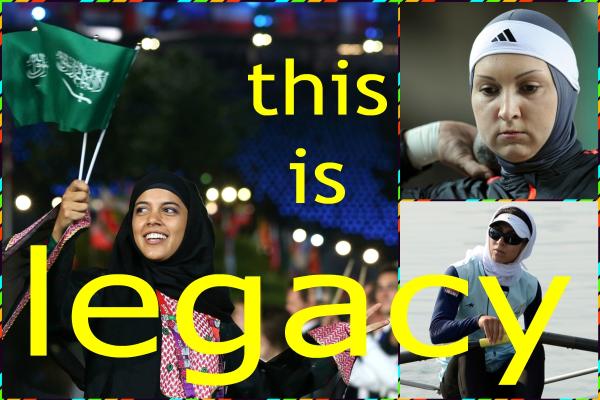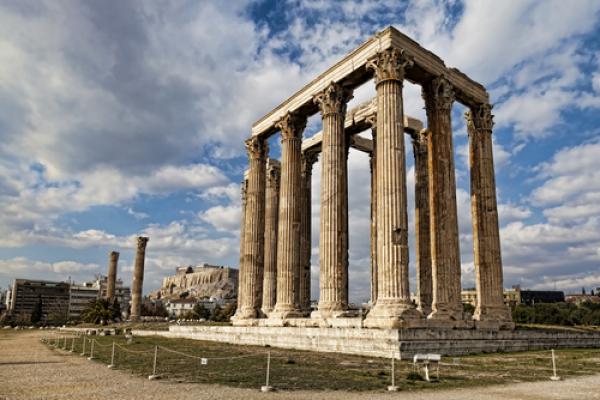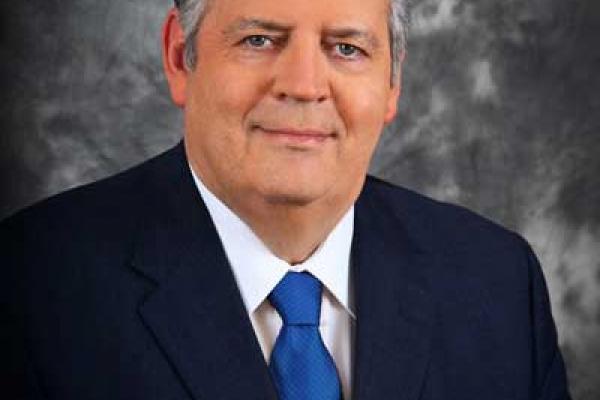I have so often pondered what might have happened if the media had covered more honestly the stifling of protest that Nakba Day in 1999 and as a result the local officials and the world community had heard the cry? Could the disaster have passed and peace with justice been advanced.
Today the media is much more candid. One wonders if we have received a rare gift of unaltered reality in this period of deepening crisis in the Holy Land and overheated atmosphere in the American presidential campaign. For this week it is being reported clearly that we have a presidential candidate, and probably millions of likeminded uninformed voters, who are apparently oblivious or uncaring about the explosive oppression of Palestinians.
Dozens of Muslim women are competing at the 2012 Summer Olympics in London — several of them as the very first female athletes chosen (and allowed) to represent their countries in the Olympic games.
These women are vanguards, shattering stereotypes, subverting cultural-religious mores, and creating a legacy that will benefit female Olympians of all creeds for years to come.
As has been widely reported and celebrated (in many quarters), Saudi Arabia sent two women athletes to represent the Arabic nation for the first time at the Olympic games — 16-year-old judoka (judo competitor) Wodjan Ali Seraj Abdulrahim Shahrkhani and 800-meter runner Sarah Attar, 19.
Attar, who is a California-born American but holds dual-citizenship in the Arabian kingdom because her father is Saudi, trains in San Diego, not far from Pepperdine University where she is a junior art major and also runs on the university's track team.
Shahrkhani, whose father is a judo coach and an international referee in the sport, won a dispute with Olympics officials earlier this week to be allowed to compete while wearing her hijab or traditional head covering worn by many observant Muslim women.
Saudi Arabia is not the only majority Muslim country sending its first women competitors to the Olympics. Brunei and Qatar also followed suit, sending five female athletes in total. Runner Maziah Mahusin is the lone woman on Brunei's three-person Olympic team. Qatar's four women Olympians are swimmer Nada Mohammed WS Arakji, sprinter Noor Hussain Al-Malki, table tennis player Aia Mohamed, and air rifle competitor Bahia Al-Hamad.
Both Mahusin and Al-Hamad were chosen as flag bearers for their nations at the opening ceremonies in London last week. Twelve majority Muslim countries — Tajikistan, Qatar, Morocco, Indonesia, Turkey, Jordan, Iraq, Djibouti, Comoros, Brunei, Bahrain, and Albania — chose women as flag bearers at the opening ceremonies that were viewed by an estimated 1 billion people worldwide.
Growing up, I heard things at camp and in youth group about how “the world” thought and acted one way, and how “we” were not like that. In fact the world, it seemed, was intent on unraveling everything I valued as good and true, leaving me with a smoldering pile of ideals and beliefs, all dead at the point of a secular sword. It was our job as Christians not only to defend against this frontal attack, but also to fight back in an effort to win souls for the Kingdom.
It was an epic battle, now in its beginning stages, but that would play out as depicted in the fantastical, horrifically violent pages within the Book of Revelation. The end is near; which side will you be on?
The Christianity of my youth was much like the Temple Mount in Jerusalem — a shining jewel high on a hill, beset on all sides by forces intent solely on its destruction. And our mission, as stewards of the faith, was to preserve and maintain the faith, protecting it at all costs. This, I would later learn, was the theological heart of what I now know as the Culture War. And some within the walls of the temple might argue I’ve abandoned the cause, or perhaps switched sides all together.
The Amish are by no means a perfect people, and there are dark sides to their history. Their example, however, does have much to teach us. How can we incorporate the best of Amish principles into our modern lives? To answer this, I did some reading. And some visiting. And some listening. I in no way pretend to be an expert on the Amish, but the more I read and visited and listened, the more I found to admire. The Amish are islands of sanity in a whirlpool of change.
Along the way, I discovered some Amish principles that we can all try to emulate. These principles (similar to the list that Wendell Berry laid out more than two decades ago in Home Economics) provide guidelines for a simpler, slower, more sustainable life. They offer me hope.
"Happy are those whose help is the God of Jacob, whose hope is in the Lord their God, who made heaven and earth, the sea, and all that is in them; who keeps faith for ever; who executes justice for the oppressed; who gives food to the hungry. The Lord sets the prisoners free." - Psalm 146:5-7
“And what greater might do we possess as human beings than our capacity to question and to learn?” - Ann Druyan
Gracious God of mercy and justice, move those of us with more abilities to share their gifts with those that have less, so together we can overcome immediate difficulties and long-term structural injustices. Amen. Adapted from "Meditations and Devotions on the Millenium Development Goals"
Editor's Note: The following remarks were given on Capitol Hill on Aug. 1 as part of a call from faith leaders across the religious spectrum urging Congress to extend the Earned Income Tax Credit and Child Tax Credit for low- and moderate-income Americans.
A budget is a moral document. That phrase was coined by the faith community and has become a refrain in the ongoing debates over deficits and budgets. But in this week’s House vote on extending the Bush era tax cuts, we see one more example of the priorities and principles of the broader GOP budget and how they apply to the rich and to the poor. Because of this, we must conclude that the Republican budget is an immoral document—in the way it treats the poor. I certainly don’t believe that all our Republican lawmakers came to Washington to hurt poor people, but it’s time for some of them to challenge the dominant forces in their party and face the consequences of such indefensible choices.
We have a genuine hope for a long term bi-partisan solution and, in particular, a moral non-partisan commitment to protect the poor and vulnerable from being expendable in these fiscal debates. We should also say that Democratic budgets have not been models of fiscal responsibility and social justice, either. But what the House budget is calling for is morally objectionable on religious and biblical grounds—and people of faith from all political stripes should say so. In particular, to roll back tax credits for the poor to help fund tax breaks for the rich is morally reprehensible, and the faith community has to speak out.
When the Summer Olympics opened in London, there was a version of a religious ritual in the Olympic oath, procession of athletes and lighting of the flame. This was no accident because the modern Olympics have religious roots, though they appear to have largely secular fruits.
I'm reminded of this fact because it was in London in 1908 that Anglican Bishop Ethelbert Talbot first said, "The most important thing in these Olympics is not so much winning as taking part" — a phrase that became part of the Olympic creed. He was following in the footsteps of the Rev. Henri Didon, a Catholic priest who gets credit for the official Olympic motto "citius, altius, fortius" (faster, higher, stronger).
The founder of the modern Olympics, Baron Pierre de Coubertin, was educated by Jesuits. "The first essential characteristic of the Olympics, both ancient as well as modern, is to be a religion … above and outside the churches," he said. He was influenced by proponents of "muscular Christianity," who turned away from traditional Christian contempt for the body and used sports as a method of strengthening faith and morality.
Muscular Christianity became popular in Victorian England and spread to the U.S., where it shaped the programs of the YMCA and Boy Scouts of America, as well as church sports leagues. Although it declined in mainline Protestantism in the 20th century, it remained strong in evangelical organizations, such as the Fellowship of Christian Athletes and Promise Keepers. Today, muscular Christianity is alive and well in professional athletes such as Tim Tebow and Jeremy Lin.
Richard Land, the man who became the public face of the Southern Baptist Convention on ethical and political issues for nearly 25 years, has announced plans to retire in 2013 after a rough-and-tumble spring.
The decision comes months after Land, president of the SBC’s Ethics & Religious Liberty Commission, made controversial comments about the Trayvon Martin case that resulted in a reprimand and the loss of his radio talk show for the racial tension they caused.
Land, 65, said in a Tuesday letter announcing his retirement that he has no intention of ending his role as a culture warrior.
“I believe the ‘culture war’ is a titanic spiritual struggle for our nation’s soul and as a minister of Christ’s Gospel, I have no right to retire from that struggle,” Land wrote in a two-page letter to the acting chairman of his commission.






